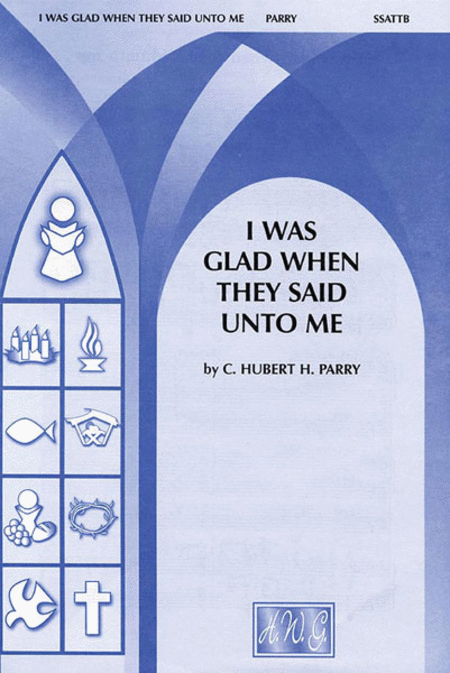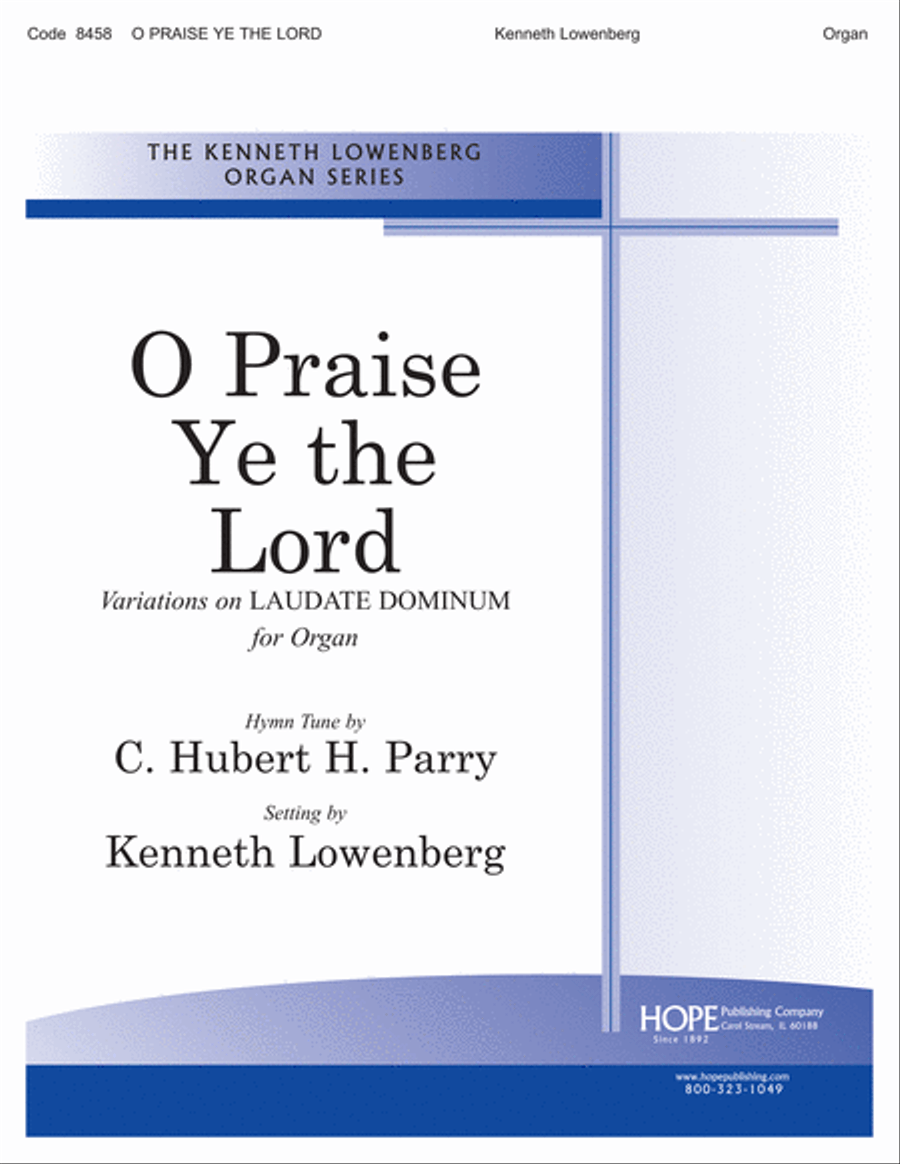Charles Hubert Hastings Parry (1848 - 1918)
 Royaume-Uni
Royaume-Uni
Sir Charles Hubert Hastings Parry, 1st Baronet (27 February 1848 – 7 October 1918) was an English composer, teacher and historian of music.
Parry's first major works appeared in 1880. As a composer he is best known for the choral song "Jerusalem ... (Read all)
Source : Wikipedia
 Royaume-Uni
Royaume-UniSir Charles Hubert Hastings Parry, 1st Baronet (27 February 1848 – 7 October 1918) was an English composer, teacher and historian of music.
Parry's first major works appeared in 1880. As a composer he is best known for the choral song "Jerusalem ... (Read all)
Source : Wikipedia
Free sheet music of Charles Hubert Hastings Parry - Ron\\\\\\\\\\\\\\\
3 sheets found sorted by:
Search
















